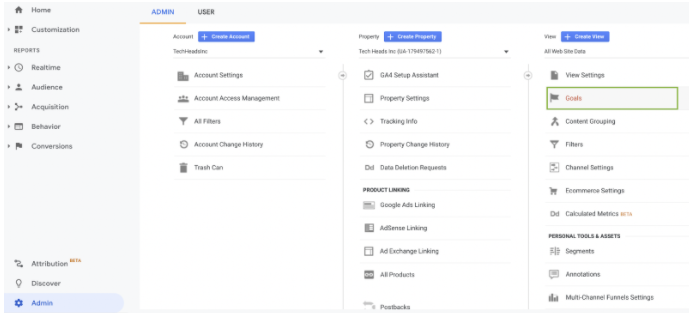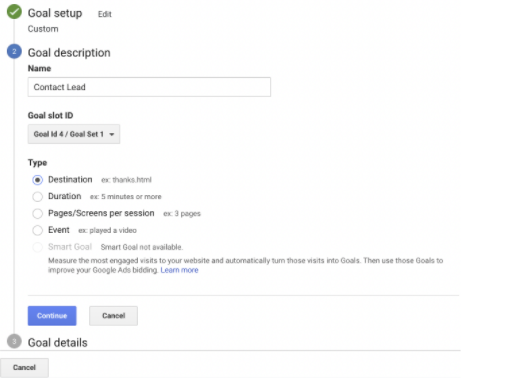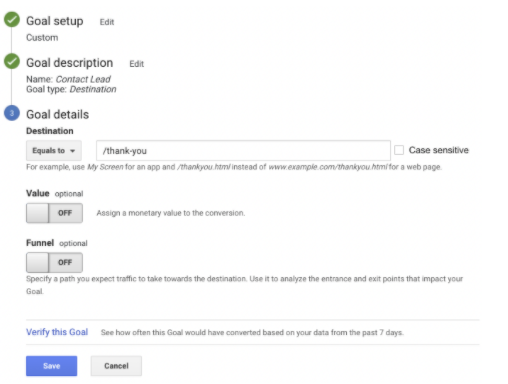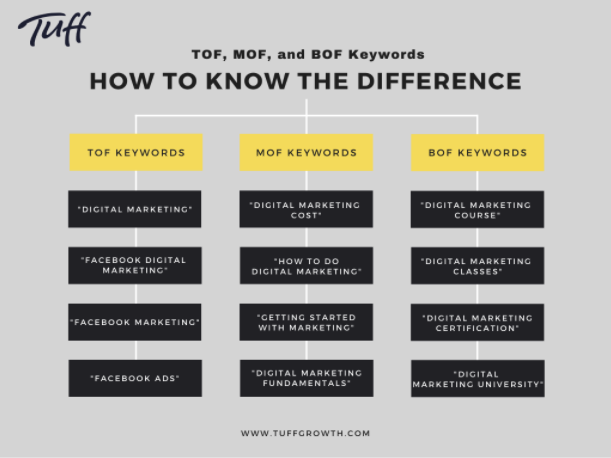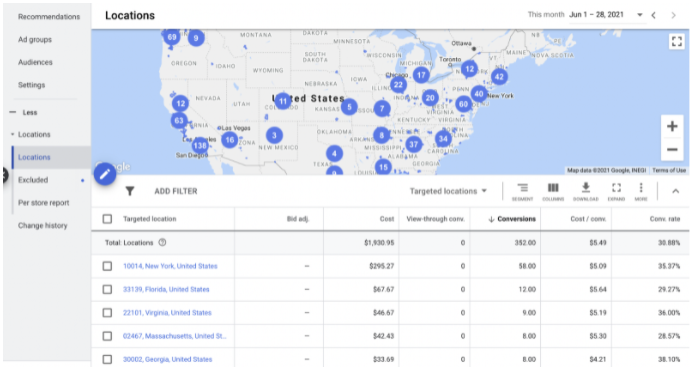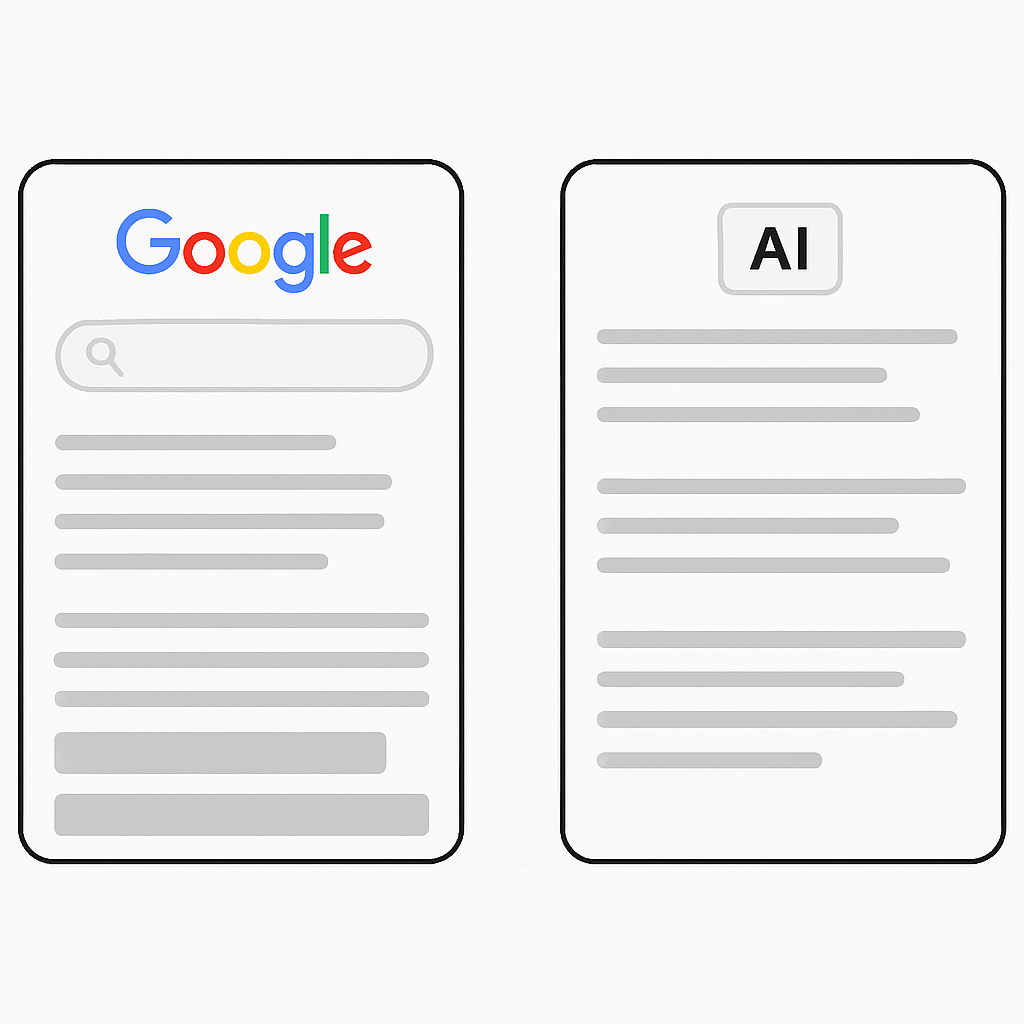7 Low Budget PPC Marketing Tips for Startups
Intent-based marketing channels like PPC can be a true gold mine for startups. If done right, you’ll be able to introduce traffic that’s already in-market for your product/service to a better alternative: your business! While PPC can be super effective when it comes to brand recognition and even conversion, if you’re not careful—creating an airtight strategy, setting up campaigns correctly, and closely monitoring the results and optimizing accordingly—PPC can quickly drain your budget and leave you without much to show for it.
So, how do you go about low-cost marketing? How do you get more leads and exposure for your startup on a tight budget? The good news: we’ve got some answers for you.
And, if you’re in the market for not just answers but also executional help, we’ve got you on that one. We’re a startup marketing agency that helps early-stage startups, scaleups, and even enterprise-level businesses supercharge PPC so that it becomes a notable contributor to their overall growth.
Read on to get an eyeful of PPC marketing tips for startups on a low budget.
Map out Your Strategy
As with any marketing strategy, defining your goals from the get-go is crucial to setting yourself up for success with PPC.
Start by asking yourself what the most important KPIs for your business are. Is it leads? Transactions? Subscriptions? Once you’ve determined this key step, you’ll be able to easily map out clear KPI targets and set up conversion goals within Google Analytics.
Here’s how to set up your first conversion goal:
- Click the gear icon in the bottom left to go to the “Admin” section
- Under “View” in the right-hand column, click “Goals”
- Click the big red “New Goal” button at the top
- Enter in the name of your goal. For example: Contact Lead or Newsletter Subscriber
- Under “Type” select “Destination” then click “Continue”
- In the Goal Details section, enter the web address of your thank you page. Notice the suggestion under the field. Don’t enter the full URL with the domain name. Just enter the address of the page, such as “/thank-you”
- Click “Save” and you’re all set!
Develop Effective Keyword Targeting
Effective keyword targeting is another critical part of your strategy. Before you spend a dollar, you’ll want to dive deep and map out the best keywords to target and organize them according to where in the funnel users will be when they use them.
Best-case scenario, you’ll want to prioritize Bottom Of Funnel (BOF) keywords, also known as “High Intent Keywords” rather than Top Of Funnel (TOF) keywords, or terms that might indicate a user is early in their research phase or are searching for something related to, but not super specific to what you do or offer.
For example, if your startup sells digital marketing courses, you’ll want to make sure you’re targeting users who are further down the purchase funnel. These users are typically ready to sign up and have likely completed the research phase so your conversion rates should generally be higher.
When dealing with a low budget marketing strategy, effective keyword targeting will save you more money by showing your ad to the people who’re more likely to take action.
Determine a Bid Strategy
In short: there are a number of different ways to tell Google how to spend your money. While there are more automated ways to spend, it’s definitely to your benefit to invest the bit of extra time and effort to manage your budget manually, at least when campaigns are new and there’s still a lot to learn about what works and what’s underperforming.
- Manual Bidding: Despite the friendly warning from Google, manual bidding is typically the best place to start out for PPC. Manual bidding allows you to have full control over your campaigns, set individual keyword bids, and control cost. While this does require more time-investment—since you’re removing Google’s ability to do the optimizations with automated bidding—you’ll learn quicker and be able to set yourself up for more long-term success.
- Enhanced CPC: This bid strategy is very similar to Manual bidding but it allows Google to take some control over keyword bids. With Enhanced CPC, you are still able control most of the bidding but now you’re giving Google the opportunity to adjust bids in individual auctions based on the likelihood that click will lead to a sale. You can consider this bid strategy like having Google as an assistant, but not your boss.
- Maximize Conversions: You’ve finally entered the world of full automation. This means you no longer have control over keyword bids, and you’re allowing Google to take the wheel. The goal of Maximize Conversions is to try and get the most amount of conversions within your budget.
- Target CPA: Target CPA (cost per acquisition) is a fully automated bid strategy where advertisers set a target cost per conversion, and then Google adjusts bids to generate as many conversions as possible at that CPA.
- Target ROAS: This is nearly the same as Target CPA, but with return on ad spend (ROAS) instead. With this strategy, Google Ads will predict future conversion and conversion value performance based on your historical data to enter auctions. It will adjust bids in real time to maximize conversion value while trying to achieve the Target ROAS goal you’ve set at the ad group, campaign, or portfolio level. This bid strategy is mainly used for eCommerce brands.
- Maximize Clicks: This strategy is very similar to Maximize Conversions but instead focuses on clicks. With Maximize Clicks, Google will work to get as many clicks as possible while spending your daily budget. This strategy can be great if you’re trying to drive more volume to your site and accumulate more data quickly.
At Tuff, we strongly recommend starting off with a manual bid strategy like Enhanced CPC before transitioning into automated bidding. If done right, utilizing automated bidding can be a huge win for your marketing strategy but you need to be careful when implementing. If you do not have enough conversion data for Google’s machine learning to work off of and you switch to automation too early, this approach can end up draining your budget without being able to very effectively drive results.
Pause Keywords with Poor Performance and add Negative Keywords
Even though you have your Google Analytics goals dialed, an amazing list of keywords to target, and your bid strategy locked in, sometimes you might not see conversions as expected. And that’s OK! Keep monitoring your keyword performance regularly and identify keywords with poor performance. In some cases, a keyword that’s performing well today may not perform as well two months later. So if you see a keyword that is not driving effective results, pause it.
In addition to this, make sure you are constantly building up a list of negative keywords. This list should contain search terms that you are 100% set on not showing for. Although yours might end up looking a little different, there are various categories that generally apply to most of the clients we have worked with. Here are our top ones:
- Job Related – job, job opening, job openings, jobs, looking for work, new hires, occupation, occupations, opening, openings, opportunities, opportunity, part time, recruiter, recruiters, recruiting, recruitment, resume, resumes, salaries, work.
- Research & Stats: about, article, book, case study, data, define, definition, example, diagram, forum, example, history, journal, maps, metrics, news, reports, samples, tutorials, what are, statistics.
- DIY: crafts, diy, do it yourself, handmade, how can I, how do I, how does, how to, making.
- Informational: what are, what is, when can, when I, where can, wiki, wikipedia, theory, weather, newspaper, newsletter, meaning of.
In order to add negatives effectively, always make sure to only add exact match negatives if the keyword contains anything that is still relevant to your business. For example, if you find that you served for “digital marketing jobs” and you don’t offer jobs, you’ll want to add an exact match negative for [digital marketing jobs]. If you don’t, you’ll potentially be excluding all and any searches involving digital marketing entirely.
Only Advertise Where You Can Deliver
Although it might be tempting to try to test multiple marketing networks at once, it’s best that you take a granular approach and focus on areas that can bring you the most ROI. For example, if you’re trying to drive conversions on your eCommerce site, you’ll want to begin by advertising your most popular products or best sellers before introducing your entire inventory. This will allow you to maximize your PPC budget to get the highest return on your investment.
You can also use location targeting to limit the areas or regions your ads are eligible to show in. With location targeting, you can get as specific or as broad as you’d like. From mile radius to zip codes to countries, the possibilities are endless.
Here’s a screenshot of one of our accounts where we are prioritizing specific locations:
In this situation, we are only targeting historically high performing zip codes within the United States. Not only did this allow us to maximize our trim budget, we were able to significantly increase conversion rates at a lower cost.
Scope Out the Competition
As part of Tuff’s process, we always conduct competitor analysis utilizing SEMrush to see what others in the industry are already doing. Take the time to research your competitors, identify their PPC approach and make yours better. Perhaps you offer cheaper prices, better discounts, higher quality, or additional features. Whatever it is that makes you stand out, include it in marketing strategy.
When it comes to conducting a PPC competitor analysis, there are several key areas and metrics to pay attention to:
- Targeted Keywords: The best part about utilizing online visibility tools like SEMrush, is that you can see what keywords your competitors are actively bidding on. This can give clues into their marketing goals. Are they targeting conversion-focused keywords? Or, does their choice of keywords suggest that their campaigns are focused more on brand awareness? Most often than not, your competitors have already done their own version of keyword research so this will give you a better idea of what keywords to target.
- Ad Copy: If you’re new to PPC marketing, studying your competitors’ ad copy can be a great way to inspire your own ad messaging and achieve stronger clickthrough rates. As mentioned before, you’ll want to include a special discount or deal that is more appealing than anything your competition offers.
- Landing Pages: Your competitor’s website can tell you a lot about the effectiveness of marketing campaigns. Do they have a form fill or call button above the fold? Is their site mobile friendly? What are their page speeds like? Being able to find any weaknesses or issues on a competitor’s site will allow you to not make those same mistakes.
Don’t “Set it and Forget it”
If you’re thinking that you’re done after your initial campaign setup, you’re about to flush some budget. When you’re managing a PPC account, you should always be monitoring performance on a weekly, if not, daily basis. This also involves constantly adjusting bids, adding negative keywords, and testing new ad copy to find what converts the best.
Without the proper PPC ad management, things can go downhill rather quickly, which can have a negative effect on your campaign’s performance and ROI. So, make sure to always monitor and maintain your PPC campaigns, and refine them to yield better outcomes.
Better yet, work to do an audit every three months at the latest. A thorough audit only needs to take a short 30 minutes and it can make a massive difference when it comes to performance and ROI. Not sure where to start? We broke it down step-by-step!
Ready, Set, Bid!
True, PPC is highly competitive. But it’s not nearly as intimidating as it seems! And, it can drive powerful business results that can help you set the stage for growth. If you dedicate yourself to putting in a little more effort into planning and crafting your marketing strategy, you can run low-budget campaigns that drive big results.
The tips we have provided above will help you get the best out of your PPC campaigns. Remember, analyze performance and let your findings guide your marketing tactics. No campaign is perfect; it only gets better with every data-backed change. And, if you find yourself ready to see results but without the time to spend, let’s talk!

Chris is a PPC Strategist based in Nashville, Tennessee. When he’s not scaling Google Ads & YouTube campaigns, he enjoys longboarding, tinkering with automation tools, and a little bit of gaming.


